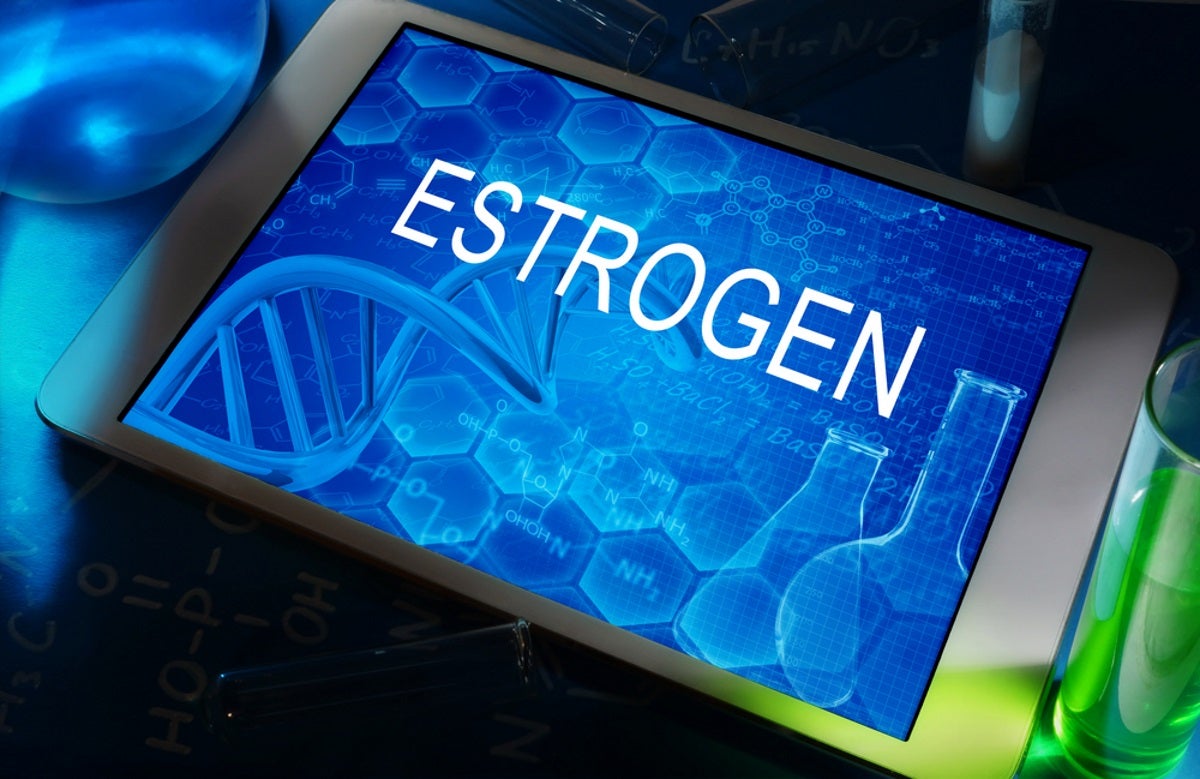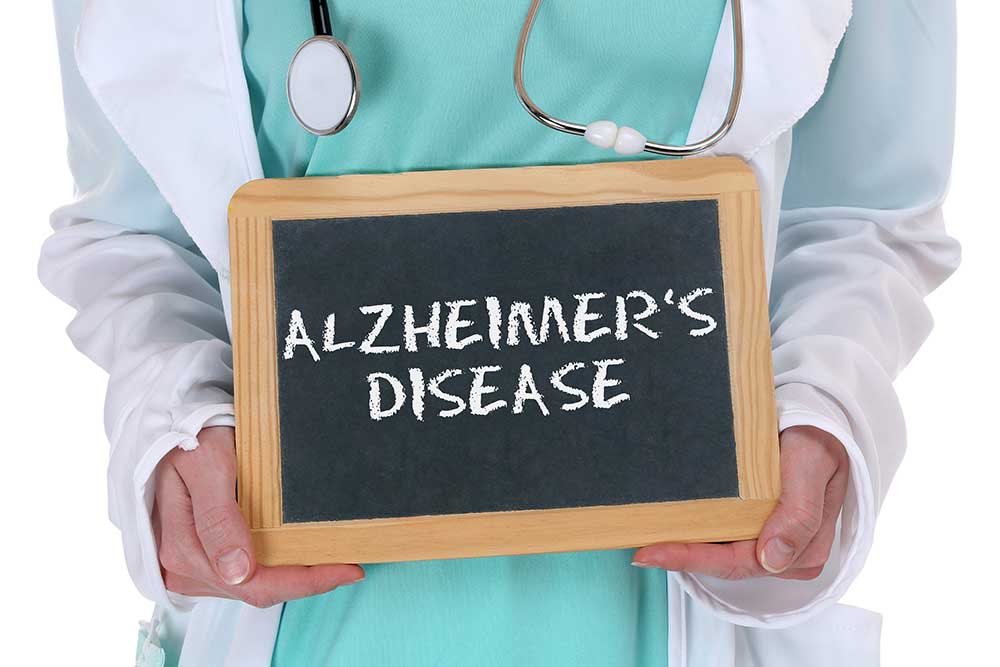Researches are Looking to see if Anxiety Orders Can Be Alleviated with Estrogen
There is no question that women are juggling more than ever these days and that burden can lead to a lot of stress. Rosy Gil knows that first-hand.
The 36-year-old was diagnosed with panic attacks in her early 20s.
“Your heart racing, thinking you’re really ill and having trouble sleeping,” recalls Ruby. “The prevalence of anxiety disorders is twice as high in women as it is in men,” says Dr. Mohammed Milad, a neuroscientist at Massachusetts General Hospital studying how women regulate stress differently than men. “You don’t need a neuroscientist to tell you that we process fear differently.”
That’s largely due to estrogen, which Milad says plays an important role in how the brain regulates fear. Some areas tell us when to be afraid, while others tell us to calm down.
“The area that regulates fear tends to lose in anxiety disorders,” he says. “Estrogen tends to restore that function, (and) restore that balance.” So can giving estrogen to women change how the brain responds to fear?
To study that, young female volunteers are placed in an MRI machine and shown a picture of a lamp. When the lamp turns yellow, nothing happens. When it turns blue, she gets an electrical shock to her finger, teaching her to fear the blue light.
Later, she is given an estrogen pill to see if she has the same fear response in her brain when faced again with the dreaded blue light.
The goal is to find out if estrogen can enhance how women with certain anxiety disorders like PTSD, social phobias, and panic disorder respond to therapy. Milad says giving estrogen to women for a short period of time might help. “If we come up with a way that four-to-five pills of estrogen over six weeks can make your exposure therapy efficient, not just for PTSD but across the anxiety disorders, that’s great,” he said.
He says that when women are in a high-estrogen state, they regulate fear much the same as men. Women in a low estrogen state tend to worry excessively, which may help explain post-partum depression and anxiety in post-menopausal women.
Gil, who no longer gets panic attacks, still gets stressed but has better coping strategies. “I kind of stop and say what do I have to take care of now and try to do one thing at a time instead of going crazy,” she says.
Article and video originally appeared on boston.cbslocal.com: Estrogen May Help Some Women With Anxiety Disorders, Expert Says







